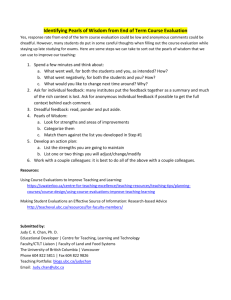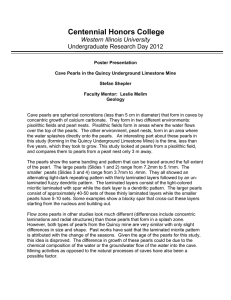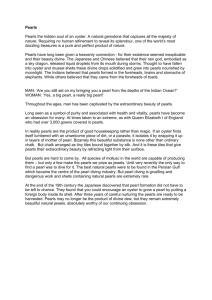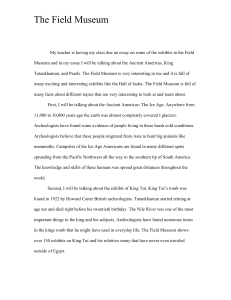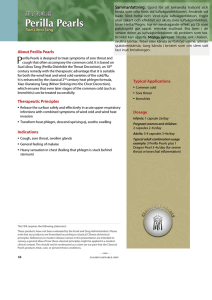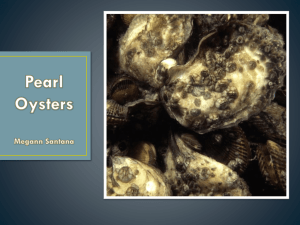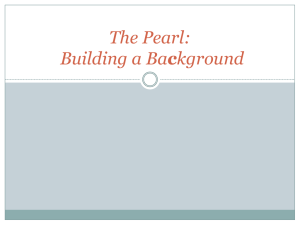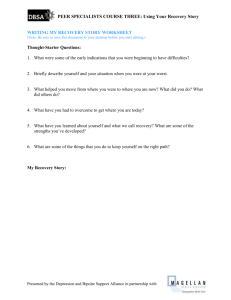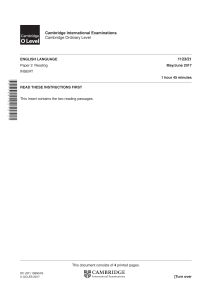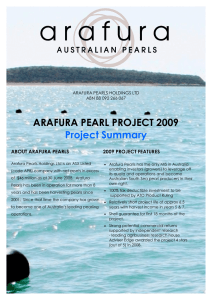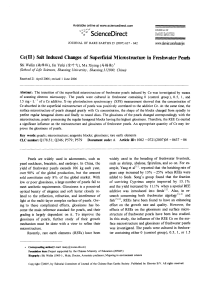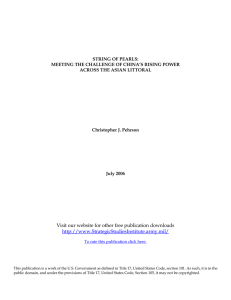ITE Procedures
advertisement
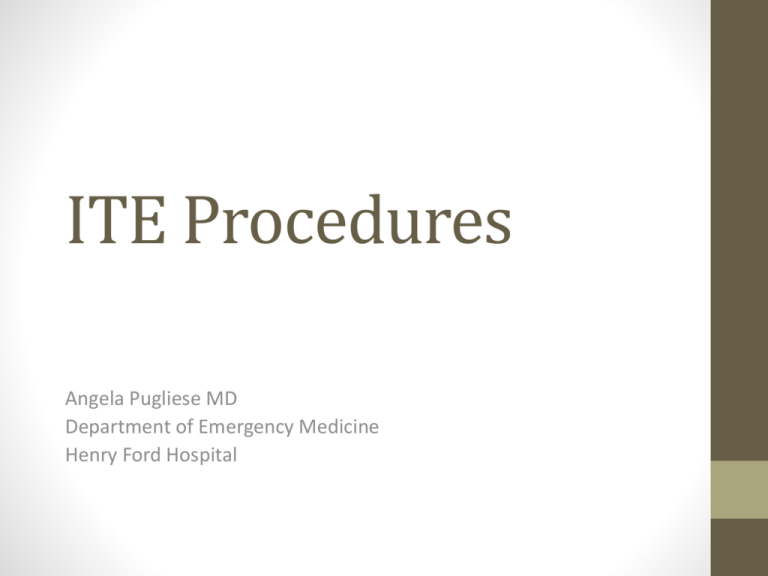
ITE Procedures Angela Pugliese MD Department of Emergency Medicine Henry Ford Hospital Studying Techniques • Must know all procedures from EM model • See outline • Roberts and Hedges • Chapter in First Aid for the EM Boards • Questions from ROSH Topics Outline • • • • • • • • • • ED Thoracotomy Pericardiocentesis Thoracostomy tube Cardiac Pacing Umbilical Vein Catheterization Paracentesis Local Anesthesia Perimorten C-section Arthrocentesis Compartment Pressure Measurement ED Thoracotomy • Indications: • Penetrating trauma • Loose vitals (while in route) or in ED • Goal to cross-clamp aorta and control hemorrhage • Technique: • Intubate and place NG • Enter Pericardium ANTERIOR to phrenic nerve • Pearls: • Learn indications Pericardiocentesis • Decipher tamponade from tension pneumo • Technique: • Use US – parasternal approach • Blind approach – subxyphoid, attach EKG lead • Major complication coronary vessel laceration • Pearls: • Treatable cause of PEA • ABOVE THE RIB • CXR post procedure Thoracostomy Tube • Indications: • Pneumothorax/hemothorax • Technique: • Tension use needle decompression • 4th or 5th intercostal space anterior to mid-axillary line • ABOVE THE RIB • Pearls: • • • • >1500 ml blood means OR (or >300 ml/hr after) Don’t clamp tube CXR post procedure NO CXR PRIOR TO NEEDLE DECOMPRESSION Cardiac Pacing/Cardioversion • Indications: • UNSTABLE DYSRHYTHMIAS • Technique: • Cutaneous vs transvenous • Right IJ then left subclavian • Pearls: • • • • Pad placement: anterior and posterior Confirm pacing by palpating pulse with monitor Magnet deactivates or revert to asynchronous pacing Air embolism complication place patient in left lateral decubitus Umbilical Vein Catheterization • Access about 1 week after birth • ONE VEIN (two arteries) located 12 o’clock • Cut cord 2 cm from base (1cm NICU) • Advance Catheter about 1-2 cm beyond good blood return • CXR shows catheter going toward the head Paracentesis • Use an US • Consider albumin if you take 5L or greater • Diagnostic Tap • >250 PMNs is SBP Anesthesia • Esters/Amides – Amides all have 2 I’s • No cross reactivity (ie the allergic patient) • NO EPI in end arteries (finger, nose, ear, penis) • Learn Regional Blocks • Max dose 4 mg/kg without epi, 7 mg/kg with Perimortem C-section • Indications: • Pregnant woman greater than 24 wks with cardiac arrest • Must complete within 5 minutes of maternal death • Technique: • Continue maternal CPR • Midline vertical incision • Pearls • Fundus palpated above umbilicus assume viability • Know APGAR Arthrocentesis • ABSOLUTE CONTRAINDICATION • Infection over the joint • WBC > 50,000 indicates infection (BOARDS) • Pseudogout = Positively birefringent (pyrophosphate) • Fat globules indicates intra-articular fracture Compartment Measurement • Approximate 6 hours of viability • 30 mm Hg is cut off number • Elevated pressure indicates need for fasciotomy • Exception with snake bites (use hyperbarics, serial measurements and anti-venom), fasciotomy is last resort Rapid Fire Pearls • Subclavian/IJ pulled out and patient becomes hemodynamically unstable…. • Air embolus, place left lateral decubitus, then aspirate RV (HBO) • Anesthetic effect of Mental Nerve Block • Lower lip • Lower lip and inferior teeth • Inferior Alveolar – too posterior causes facial nerve palsy • Approach to elbow aspiration • Lateral (avoid ulnar nerve which is medial) Rapid Fire Pearls • Pt getting blood develops hives, what next? • Give benadryl and continue • Correct direction for mandibular reduction • Down and posterior • IO placement in peds • Tibia; 1 cm inferior of tuberosity, 1 cm medial • Testicular Detorsion • Open the book (remember 180 degrees) Conclusion • Complete ROSH questions • Review Outline • Email with questions
